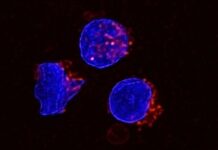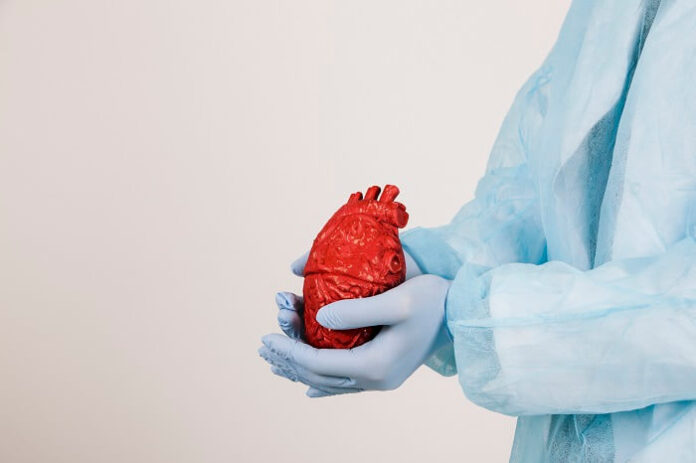A newly FDA-approved drug is set to enhance the diagnosis of coronary artery disease (CAD), the most common form of heart disease affecting over 18 million adults in the U.S., and the leading cause of death nationwide.
The drug, called flurpiridaz and marketed as Flyrcado, is a radiotracer designed to improve heart imaging tests. Administered as an injection before the procedure, Flyrcado helps doctors get clearer internal images. The FDA granted approval through its priority review process, which is reserved for treatments that address serious conditions and offer significant improvements over existing options.
As reported by WebMD, currently, the standard method for assessing heart blood flow and diagnosing CAD is myocardial perfusion imaging using single photon emission computed tomography (SPECT), commonly known as a nuclear stress test. However, with Flyrcado, this process can now be done using PET scans, which are more effective at detecting CAD but have been limited due to issues with other radiotracers.
“Flyrcado represents the most significant breakthrough in nuclear cardiology in recent decades,” said Dr. Jamshid Maddahi, lead researcher for Flyrcado clinical trials and clinical professor at UCLA School of Medicine, in a news release from GE HealthCare, the drug’s manufacturer. “This radiotracer has the potential to be a game changer for diagnosing the world’s leading cause of death.”
One key advantage of Flyrcado is its production flexibility. Unlike other radiotracers that must be produced at the testing site, Flyrcado can be manufactured off-site and shipped ready for use. It also has a lifespan of at least 109 minutes, allowing for multiple tests in one session or time for retesting if needed.
According to GE HealthCare, around 6 million people undergo imaging for suspected CAD each year. CAD typically results from atherosclerosis, where plaque buildup in the arteries restricts blood flow. Symptoms include chest pain or shortness of breath, and a complete blockage can lead to a heart attack.
























